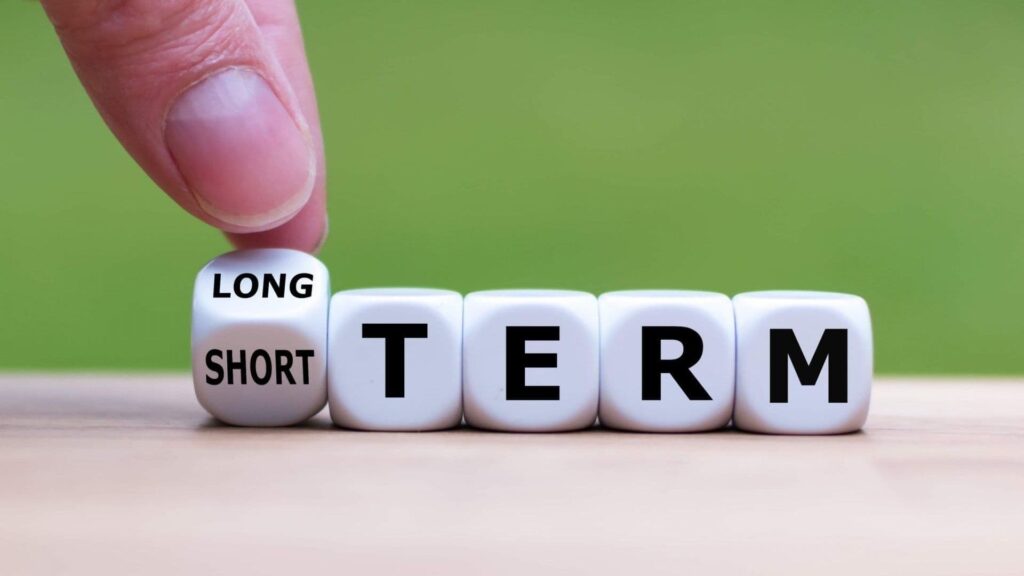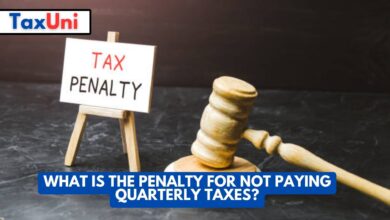Short-term Capital Gains Tax
The IRS taxes long-term and short-term capital gains at different rates. The difference between these rates can bump you into higher tax brackets.

Whether you make money day trading or invest in property, you have to pay taxes on your profits. These are known as capital gains. Depending on the amount you earn, these taxes can be quite steep. Capital gains are taxed at a lower rate than ordinary income. Tax rates are based on the original cost of an asset, which is called the “basis” or “tax basis.” In the case of a home or other real estate, the basis includes the purchase price plus any closing costs. In the case of stocks or other investments, the basis is adjusted for any fees or commissions paid. Short-term capital gains are taxed at the taxpayer’s ordinary income tax bracket, which can range from 10% to 37%. In addition, state taxes may be applicable.
To calculate your capital gains, you need to know the cost basis of your asset and the sales price of your asset at the time it was sold. You can find the cost basis of an asset by looking at your documents or contacting your broker. The sale price of an asset is found by subtracting the sales price from the purchase price. A few exceptions exist to the general rules for calculating capital gains taxes. These include inherited property, patents, and derivatives such as commodity futures. You’ll need to consult your tax advisor for specific details in these cases.

How to Calculate Short-Term Capital Gains Tax?
Profits realized from the sale of assets that are held for one year or less are known as short-term capital gains, and they’re typically taxed at the taxpayer’s regular marginal rate or ordinary income tax bracket, which can range from 10% to 37%. Gains realized from the sale of assets that are hold for more than a year are known as long-term capital gains and receive preferential tax treatment, including rates that can be as low as 0%.
The tax rate for short-term capital gains depends on how long you owned the asset and your filing status. The rates are 0%, 15%, and 20%, and they’re lower than the ordinary income tax brackets. However, there are special rules for real estate and other assets that have been depreciated over time. For example, if you buy and sell a home within a year, the government counts your profit as part of your standard income. This can be a problem for house flippers, as they may pay a steep short-term capital gains tax. Long-term gains, on the other hand, are a little less troublesome. Those are taxes on the profits from investments you hold for more than a year, and they’re usually much lower than ordinary income tax brackets.
Investing is all about making your money work for you, but if you’re not careful, you can run into some tax complications. Capital gains, or investment income, is taxable, and the rates depend on how long you’ve held an asset before selling it. A financial advisor can help you set up a tax plan that maximizes your investments.





